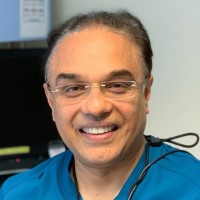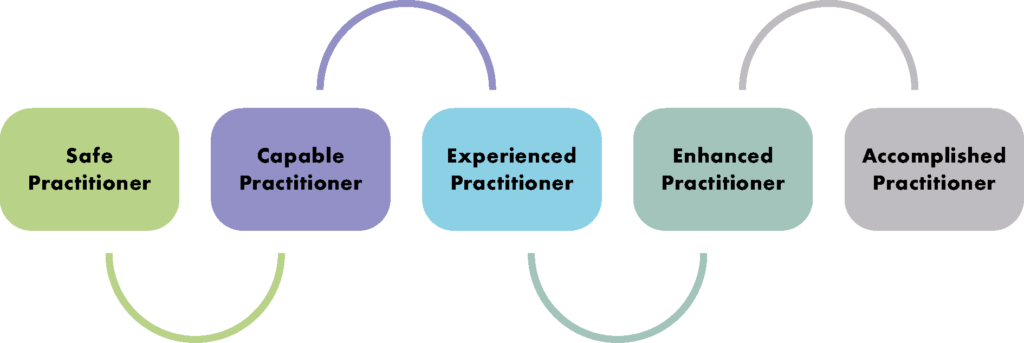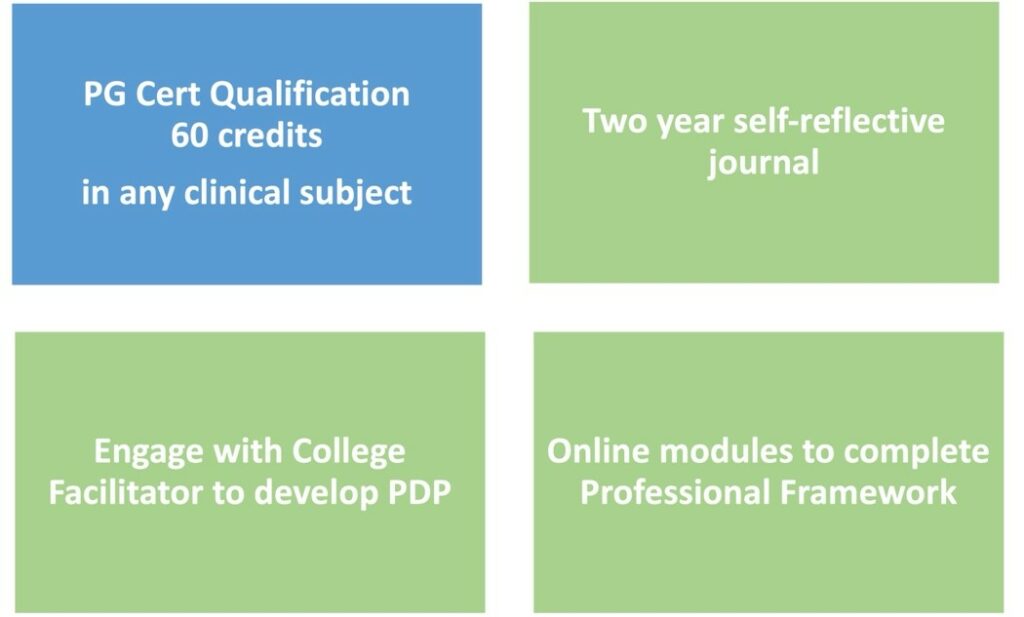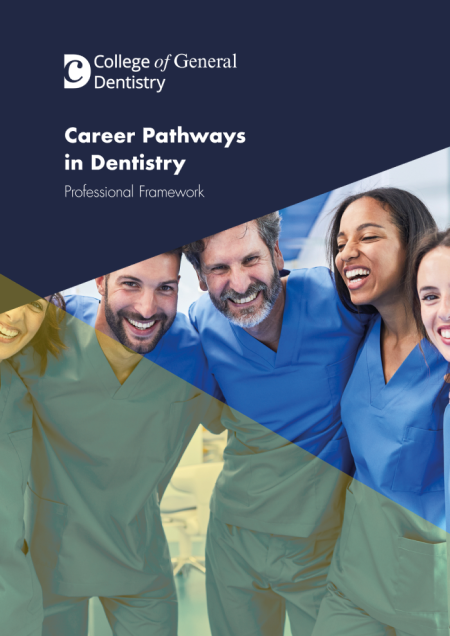In this article, originally published in the British Dental Journal, members of the College’s Career Pathways programme explore the need for defined career structures in the oral healthcare team and explain how CGDent’s Career Pathways aims to fill the big void.






Those who carve out a career in primary dental care have been almost unique amongst healthcare professionals in not having defined career structures to support their professional development, notwithstanding the multitude of training opportunities open to them.
There are many causes for this: the high level of autonomy in general dental practice; the limited overall regulation of post-qualification training in primary dental care; and the limited support for both career enhancement and resulting reward from the NHS. Yet the vast majority of NHS dentistry takes place in general dental practice. Existing structured career pathways in dentistry have been successfully and comprehensively created under the auspices of the Faculty of Dental Surgery of each UK Royal College of Surgeons. However, these have been designed almost entirely for supporting dentists undergoing Specialist Training.
There has been a pressing need to create some form of structure that is fit for modern careers in general dental practice for the following reasons:
- Providing recognition of professional development and training for all dental professionals working both in NHS and private practice, and salaried services;
- Promoting job satisfaction and workforce retention;
- Inspiring public confidence in the post-qualification professional development of dental professionals;
- Complementing NHS workforce development plans;
- Engaging the oral healthcare team holistically – not just individuals in isolation.
However, a delicate balance also needs to be struck between a structure for career development, minimising regulatory burden, and allowing for the flexibility and independence that have been an attraction for many in general dental practice.
The College of General Dentistry, the successor organisation of FGDP(UK) since July 2021, has been working for the last two years to create pathways for dental professionals which will allow for such a balance. Furthermore, since oral healthcare provision requires the involvement of the whole team, the pathways have been designed with all members of the team in mind.
Our starting point has been the definition of career “inflection points” for an individual’s professional journey. We have purposely not adopted terminology which might have currency today, but might well change as trends and policies evolve. In other words, we have gone back to first principles: what might we expect or wish a person to be able to do, as their skills evolve over a career?

Our next step has been to design a Professional Framework of capabilities that would be expected for each of those career stages. We convened Working Groups for each dental professional group: dental hygienists; dental therapists; dental nurses; dentists; dental technicians. Each group has drawn together these capabilities under five domains, which has resulted in a total of 22 skills. The five domains have been identified as:
- Clinical and Technical
- Professionalism
- Reflection
- Development
- Agency
The result: our recently published College of General Dentistry Professional Framework. This publication lays out a blueprint, addressing a gaping void that has been present in primary care dentistry. Individuals are encouraged to use it in reflecting on their own progress, and organisations to adopt it in support of their teams, and their workforce planning and development.
Our own next step will be the introduction of our Certified Membership Scheme, soon to be rolled out. This will be the means by which an individual demonstrates they are practising with the capabilities defined for each career stage, and achieve recognition through College post-nominals. Unlike assessments of the past, this will not be based on examination. It will be a journey over two years along an individualised reflective personal development plan, where support from a Facilitator is provided. Gateway qualifications from a range of accredited providers will form part of this journey and our Scheme will enhance the value of these qualifications. The components of Certified Full Membership for dentists, demonstrating capabilities of an Experienced Practitioner, is illustrated below – allowing awarding of the post-nominal Cert MCGDent. This will typically, but not exclusively, appeal to those who have recently completed Foundation Training. Parallel pathways are being developed for each stage of the pathway and, most importantly, for all oral healthcare team members.

We think this is a fresh and unique approach to career progression, and we believe it is consistent with the needs and aspirations of the next generation of dental professionals. The time has now come for the profession to seriously consider the future of careers in primary care, and this College is mapping a bright future for the whole team.
Authors:
- Abhijit Pal, President – College of General Dentistry
- Janet Clarke MBE, Chair of Trustees – College of General Dentistry
- Roshni Karia, Chair of Certified Membership Scheme Working Group – College of General Dentistry
- Avijit Banerjee, Chair of Careers Pathway Programme Board – College of General Dentistry
- Shamir Mehta, Chair of Careers Pathway Reference Group – College of General Dentistry
- Simon Thornton-wood, Chief Executive of the College of General Dentistry
The Version of Record of this article is published in the British Dental Journal, and is available online at https://doi.org/10.1038/s41415-022-4907-1



